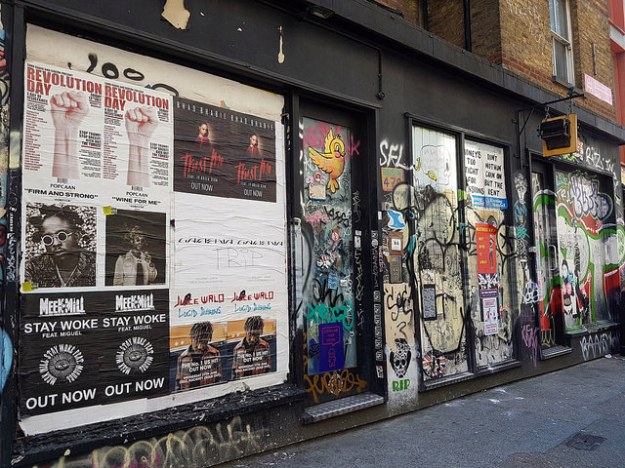
In an extended extract from the forthcoming second edition of the Data Journalism Handbook, I look at the different types of impact that data journalism can have, and how can better think about it.
If you’ve not seen Spotlight, the film about the Boston Globe’s investigation into institutional silence over child abuse, then you should watch it right now. More to the point — you should watch right through to the title cards right at the end.
In an epilogue to the film — this is a story about old-school-style data journalism, by the way — a list scrolls down the screen. It details the dozens and dozens of places where abuse scandals have been uncovered since the events of the film, from Akute, Nigeria, to Wollongong, Australia.
But the title cards also cause us to pause in our celebrations: one of the key figures involved in the scandal, it says, was reassigned to “one of the highest ranking Roman Catholic churches in the world.”
This is the challenge of impact in data journalism: is raising awareness of a problem “impact”? A mass audience, a feature film? Does the story have to result in penalties for those responsible for bad things? Or visible policy change? Is all impact good impact? Continue reading


